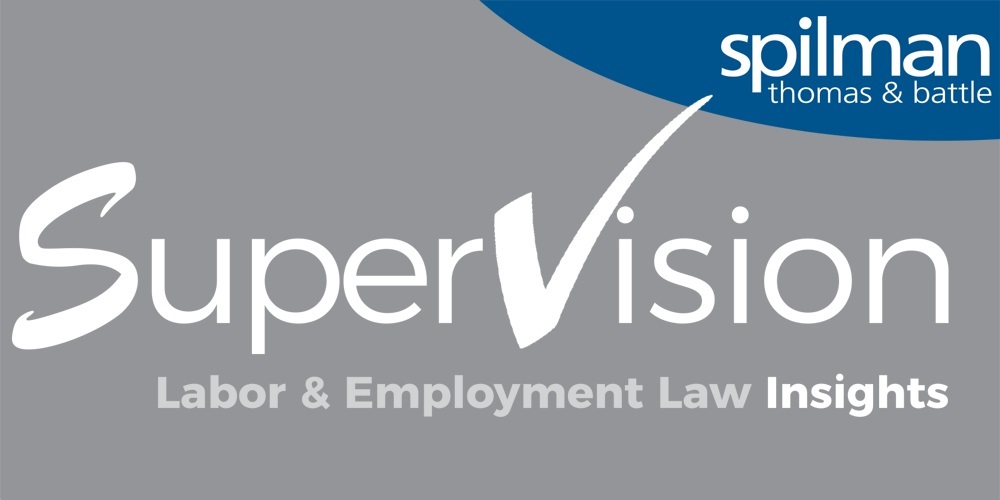Article
Resources
Article
Evaluating COVID-19 as a Disability Under the ADA

In December 2021, the Equal Employment Opportunity Commission ("EEOC") updated its guidance, clarifying that COVID-19 may qualify as a disability under the American with Disabilities Act ("ADA"). The ADA is applicable to private employers with 15 or more employees, state and local governments, employment agencies, and labor unions. To the extent an individual with COVID-19 and/or long-haul symptoms of COVID-19 (defined as new, returning, or ongoing health problems four or more weeks after being infected with the virus that causes COVID-19) has a "disability" within the meaning of the ADA, employers will need to engage in the interactive process to determine whether the employer can reasonably accommodate the employee.
The ADA provides protections to employees who have an "actual" disability, a "record of" a disability, or are "regarded as" having a disability. Under the ADA, an "actual" disability is defined as a physical or mental impairment that substantially limits one of more major life activities. A “physical or mental impairment” includes any physiological disorder or condition affecting one or more body systems. According to the EEOC guidance, “major life activities” include both major bodily functions, such as respiratory, lung, or heart function, and major activities in which someone engages, such as walking or concentrating. Similarly, an individual has a “record of” a disability if they have a record or history of an actual disability. Finally, the EEOC defines an individual as being "regarded as" an individual with a disability when the employer believes the individual has, whether or not the impairment limits or is perceived to limit a major life activity.
Employers need to engage in a case-by-case assessment of requests for accommodation by employees suffering from COVID-19 and its effects to determine whether the individual is suffering from an "actual" disability within the meaning of the ADA. Because COVID-19 is a physiological condition affecting one or more body systems and affecting major bodily functions such as functions of the immune system, special sense organs (smell and taste), digestive, respiratory, circulatory, or cardiovascular functions, COVID-19 may constitute an “actual” disability under the ADA. This remains true even if the employee's symptoms are episodic.
Moreover, when assessing whether COVID-19 is "substantially limiting," EEOC guidance stresses that this phrase is to be broadly construed and "should not demand extensive analysis." Additionally, limitations from COVID-19 do not necessarily need to last for any particular period of time and/or be long-term to be substantially limiting. Examples provided by the EEOC of "substantially limiting" instances of COVID-19 include:
- Ongoing but intermitted brain fog, headaches, dizziness, and difficulty remembering or concentrating that a doctor attributes to COVID-19;
- An individual receiving supplemental oxygen for breathing difficulties or shortness of breath, associated fatigue, and other virus-related effects that last, or are expected to last, for several months;
- Heart palpitations, chest pain, shortness of breath, and other virus-related effects that last, or are expected to last, for several months; and
- An individual diagnosed with "long COVID".
It also is possible that COVID-19 may have exacerbated a pre-existing condition making a condition that was not previously substantially limiting, now substantially limiting. By contrast, the following other examples would not substantially limit a major life activity:
- An individual diagnosed with COVID-19, but who is asymptomatic; and
- An individual diagnosed with COVID-19, but who is experiencing only mild symptoms that resolve within several weeks.
When an employer receives a request for accommodation related to COVID-19 or other conditions that were exacerbated by COVID-19, the employer should request medical documentation about the diagnosis and restrictions before providing an accommodation. If the employer is considering certain accommodations, the employer can ask whether these alternative accommodations would be effective in addressing the employee's limitations.
The guidance regarding COVID-19 has been evolving and will continue to do so. Employers with questions about how to handle a request for accommodation should consult their employment counsel.

